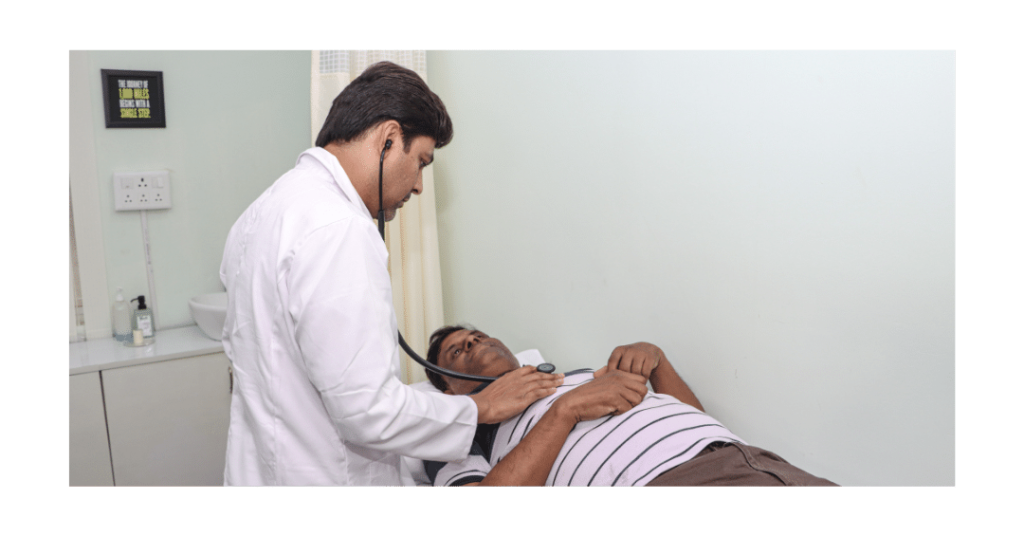Discovering that you have kidney stones can be concerning, but with the right knowledge and guidance, you can navigate this condition effectively. In this blog post, we’ll provide you with valuable insights on kidney stones, their symptoms, the appropriate diet to follow, and steps to take if surgery is necessary. Wisden Clinics is here to empower you with the information you need to manage kidney stones and maintain your overall health.
Understanding Kidney Stones
Kidney stones are small, hard deposits that form in the kidneys when minerals and salts crystallize. These stones can range in size from a grain of sand to a larger pebble. They can cause intense pain when they pass through the urinary tract. The most common types of kidney stones include calcium stones, uric acid stones, and struvite stones.
Recognizing Symptoms
Sharp Pain: One of the most noticeable symptoms is severe pain, often felt in the back, side, lower abdomen, or groin area. The pain may come in waves and can be excruciating.
Changes in Urination: You might experience changes in your urinary habits, such as frequent urination, urgency, or pain while urinating. Blood in the urine is also a possible sign.
Nausea and Vomiting: Kidney stones can cause nausea and vomiting due to the pain and discomfort they create.

Dietary Considerations
Stay Hydrated: Drinking plenty of water helps prevent the formation of kidney stones. Aim to drink at least 8 glasses of water a day, and more if you’re physically active or live in a hot climate.
Limit Salt Intake: A high-sodium diet can contribute to the development of kidney stones. Avoid excessive consumption of salty foods and processed meals.
Moderate Animal Protein: Diets high in animal protein can lead to higher levels of uric acid, increasing the risk of uric acid stones. Opt for lean sources of protein and balance your diet with plant-based foods.
Surgery and Treatment
Consult a Specialist: If your kidney stones are causing severe pain or complications, then it’s time for you to consult a urologist for proper evaluation and treatment recommendations.
Extracorporeal Shock Wave Lithotripsy (ESWL): This non-invasive procedure uses shock waves to break down kidney stones into smaller fragments that can pass more easily.
Ureteroscopy: A thin tube with a camera is inserted into the urethra to locate and remove smaller stones.
Surgical Removal: In cases where stones are too large or causing blockages, surgery might be necessary. Get the best surgical advice from Wisden Clinics will suggest the most appropriate surgical approach for your situation.
Conclusion
Taking Control of Your Kidney Stone Journey
Being diagnosed with kidney stones doesn’t have to be overwhelming. Armed with the right information and guidance from Wisden Clinics, you can effectively manage your condition. Recognizing symptoms, following a kidney-friendly diet, and seeking timely medical attention are essential steps toward ensuring your well-being. Should surgery be necessary, trust in the expertise of medical professionals to guide you through the process. Remember, taking control of your kidney stone journey empowers you to maintain optimal health and continue leading a fulfilling life.

